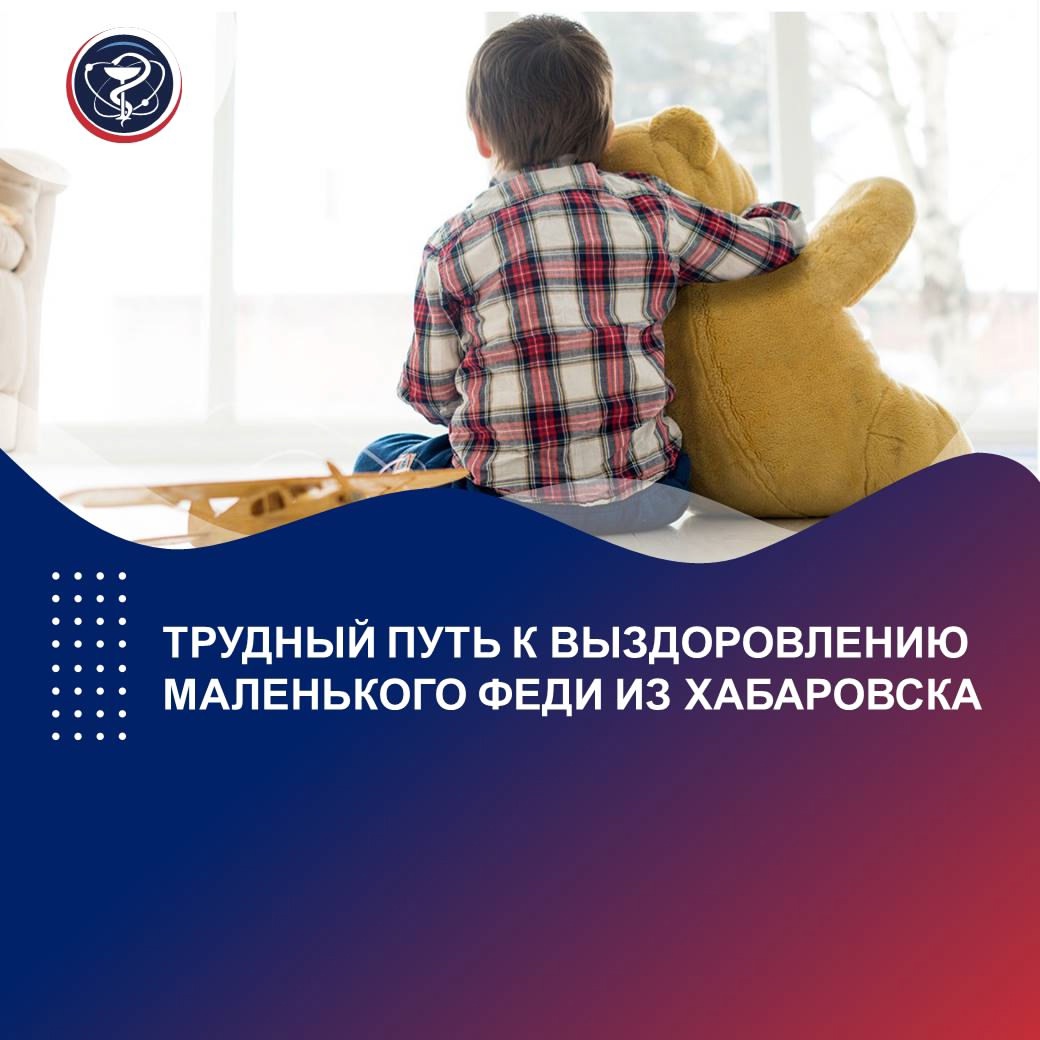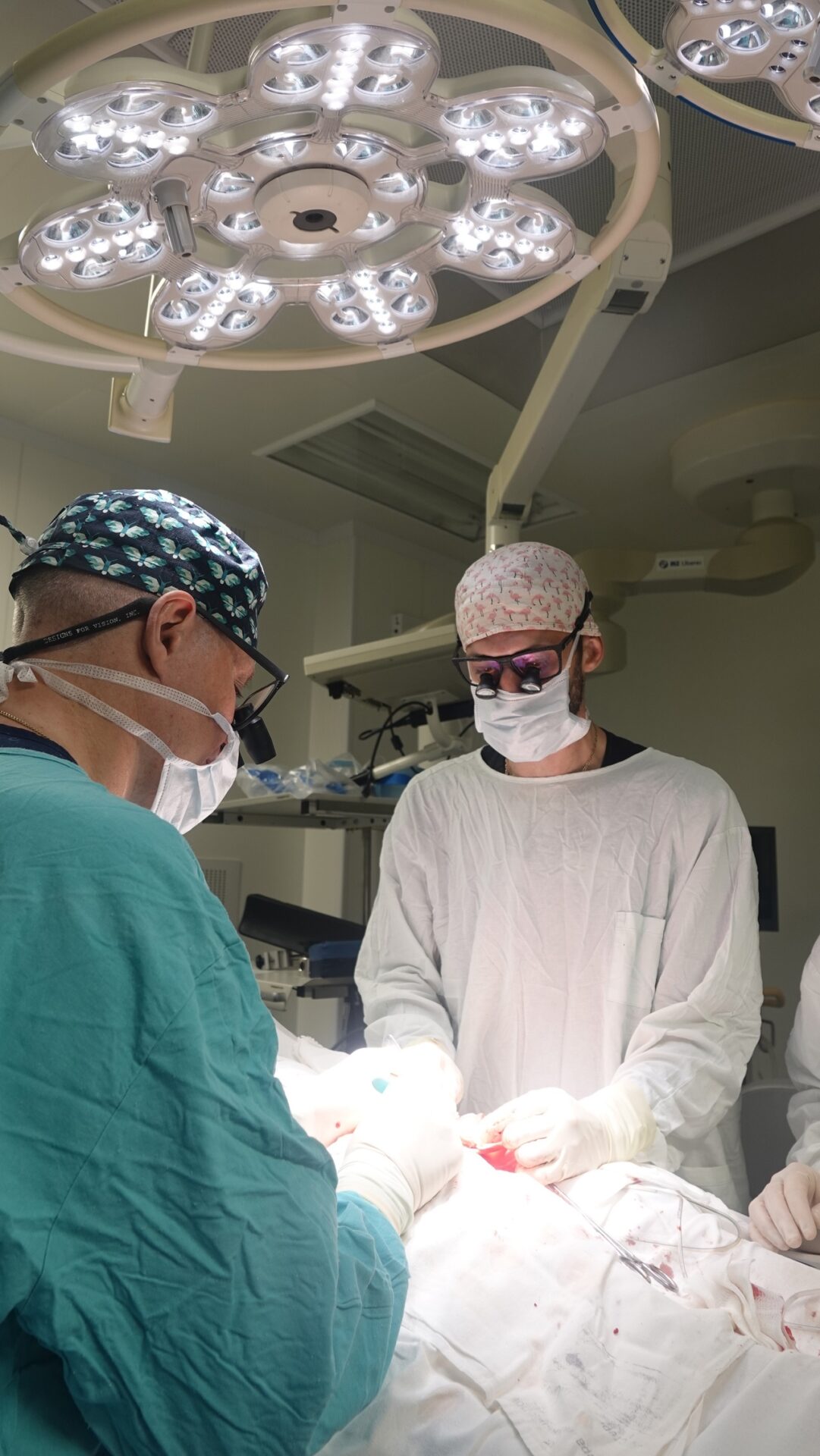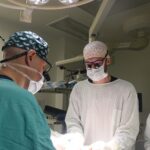A Difficult Road to Recovery for Little Fedya from Khabarovsk
10-year-old Fedya from Khabarovsk has suffered from a severe form of hypospadias, a congenital condition in which the urethra develops abnormally, since birth.
The young patient’s treatment began back in 2015, when local surgeons performed a urethral reconstruction, which at the time seemed like a successful solution. However, complications later arose in the form of a urethral fistula, requiring further intervention. Since then, Fedya has been a patient at the N. Lopatkin Scientific Research Institute of Urology and Interventional Radiology – branch of the Federal State Budgetary Institution of the “National Medical Research Radiological Centre” of the Ministry of Health of the Russian Federation.
Given his previous treatments and the lack of sufficient tissue, specialists in the pediatric department decided to perform a two-stage urethral reconstruction. Nearly seven years ago, the first stage of treatment was carried out, using the mucous membrane of the oral cavity to reconstruct the urethra. This procedure provided the necessary tissue for future reconstruction. A year later, in 2018, surgeons completed the second stage of reconstruction, creating a wider urethra. The surgery was successful, but unfortunately, six years later, a fistula reformed, and the family once again sought help.
“In Fedya’s case, the fistula developed due to his body’s unique characteristics, so we aimed to minimize the chances of recurring complications by creating a wider urethra with minimal postoperative risks,” explains the operating surgeon and treating physician, Georgy Lagutin. “This method is more commonly used in patients with severe hypospadias or those who have had previous surgeries with complications. The treatment significantly improved urination and reduced the risk of future complications.”
Fedya successfully underwent the surgery and has returned home, but he will continue to be monitored by specialists at the National Medical Research Radiological Centre. “We will keep a close eye on the boy’s condition to ensure that the surgeries were successful and that no further fistulas will form. Our team is hopeful that our young hero will not need any more treatments!” adds the doctor.






